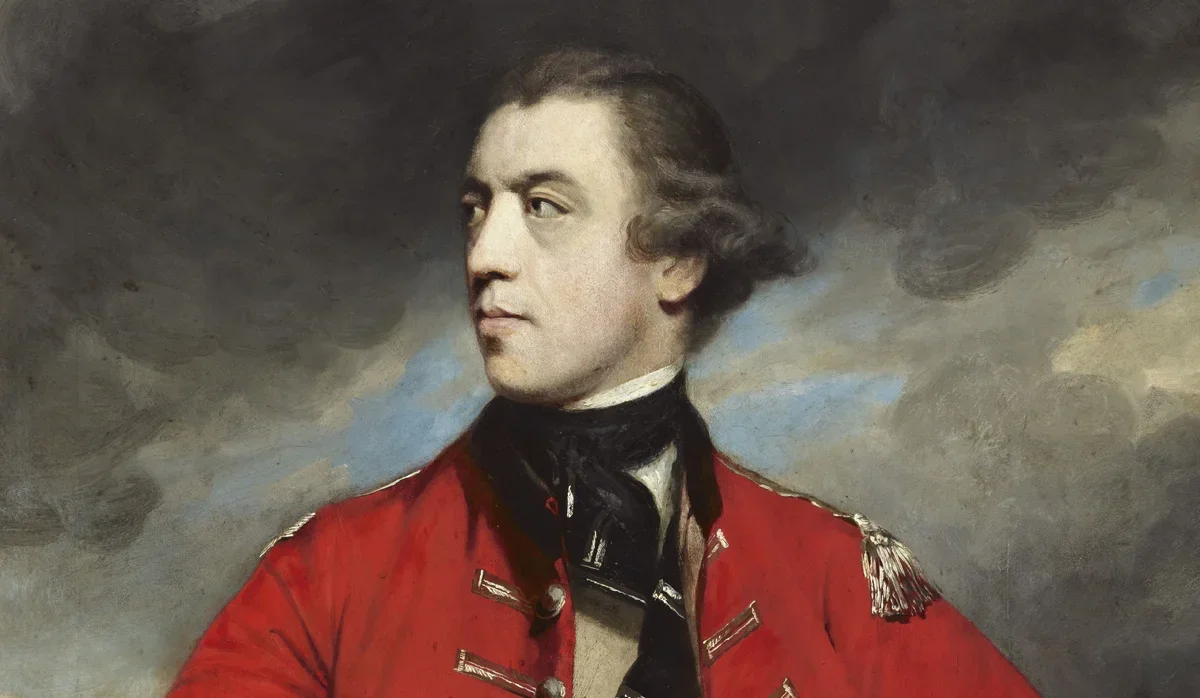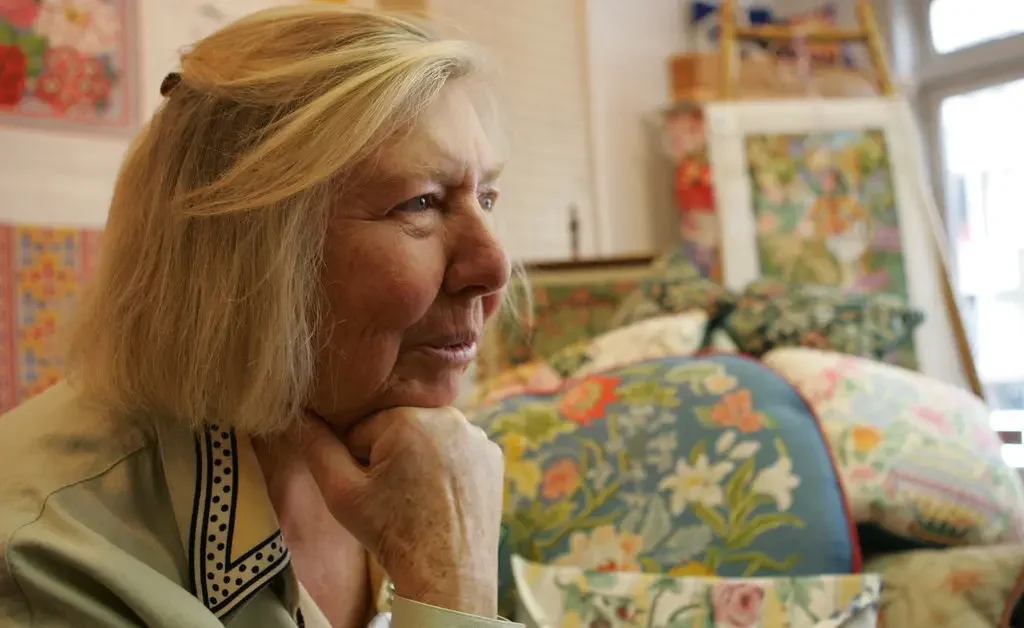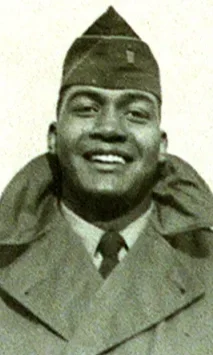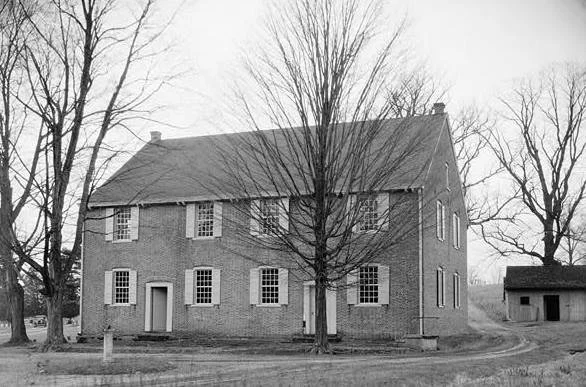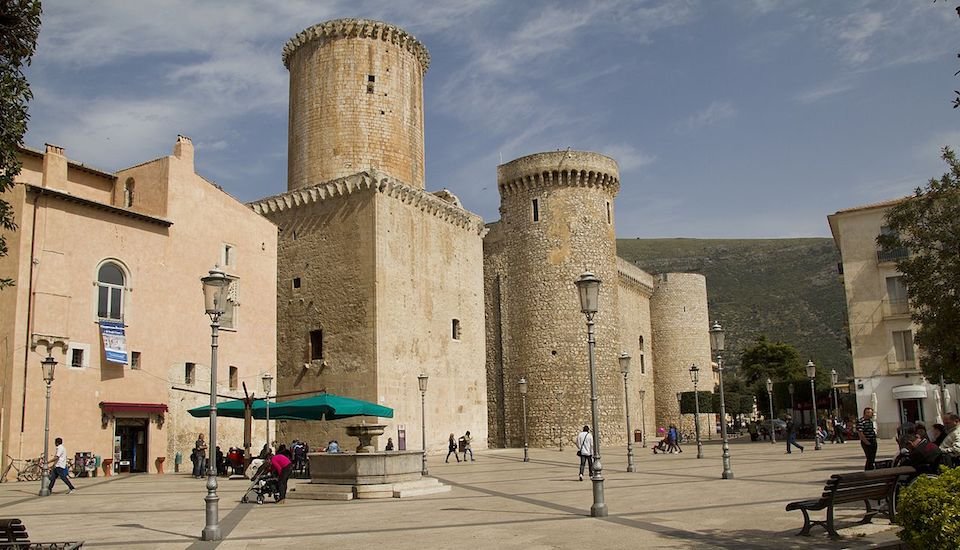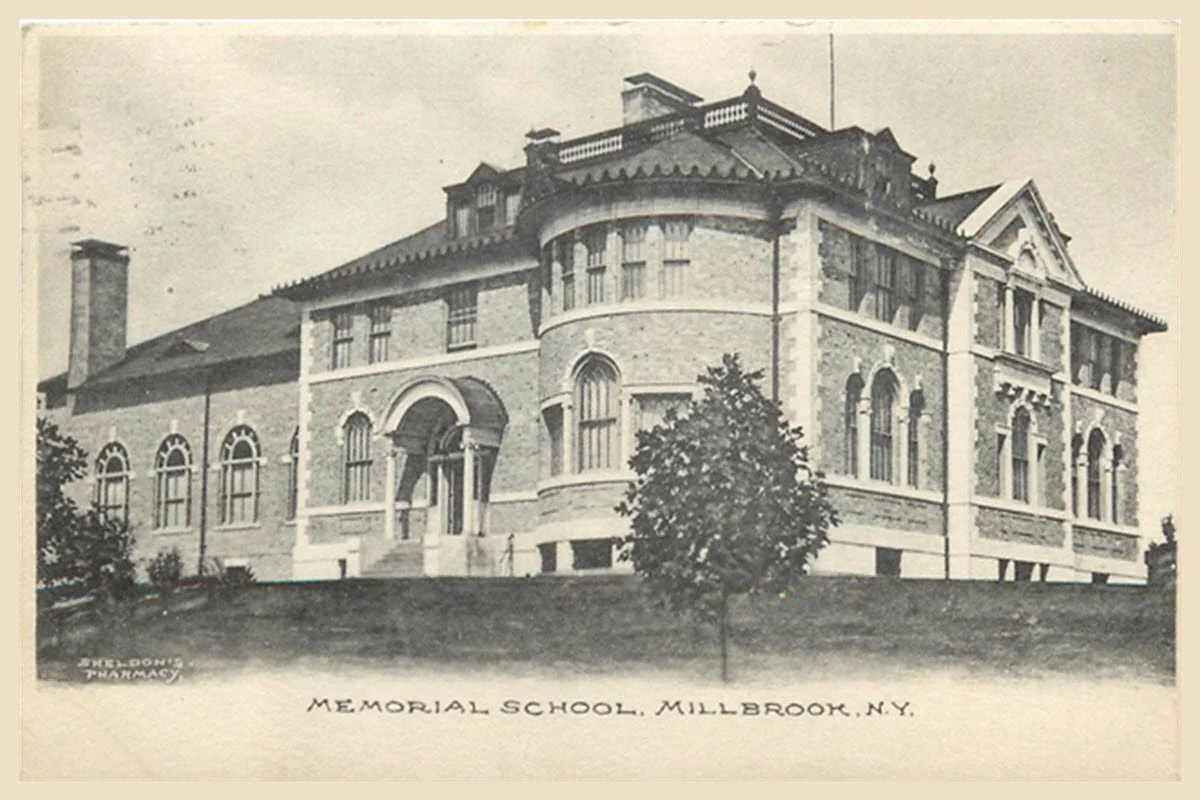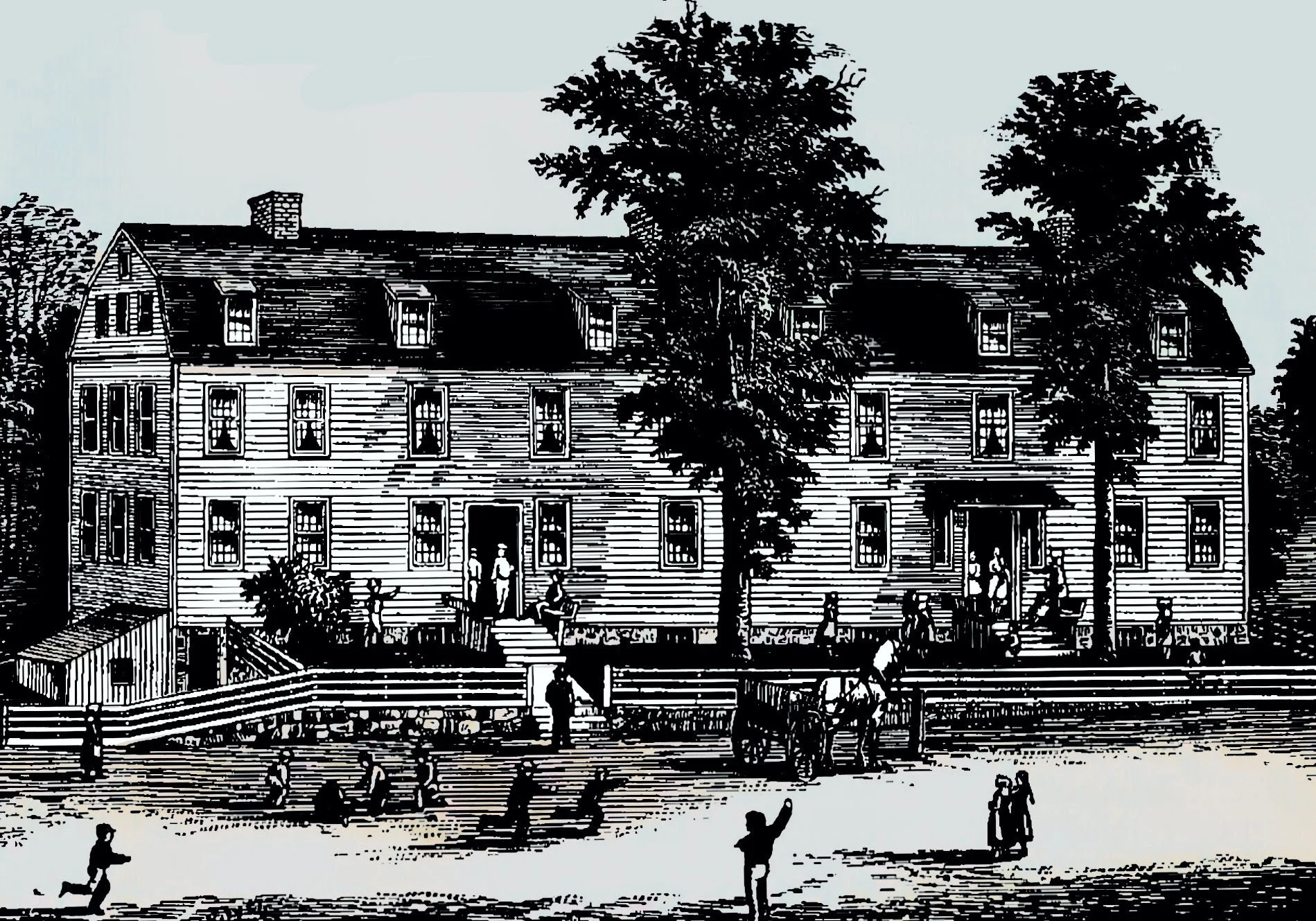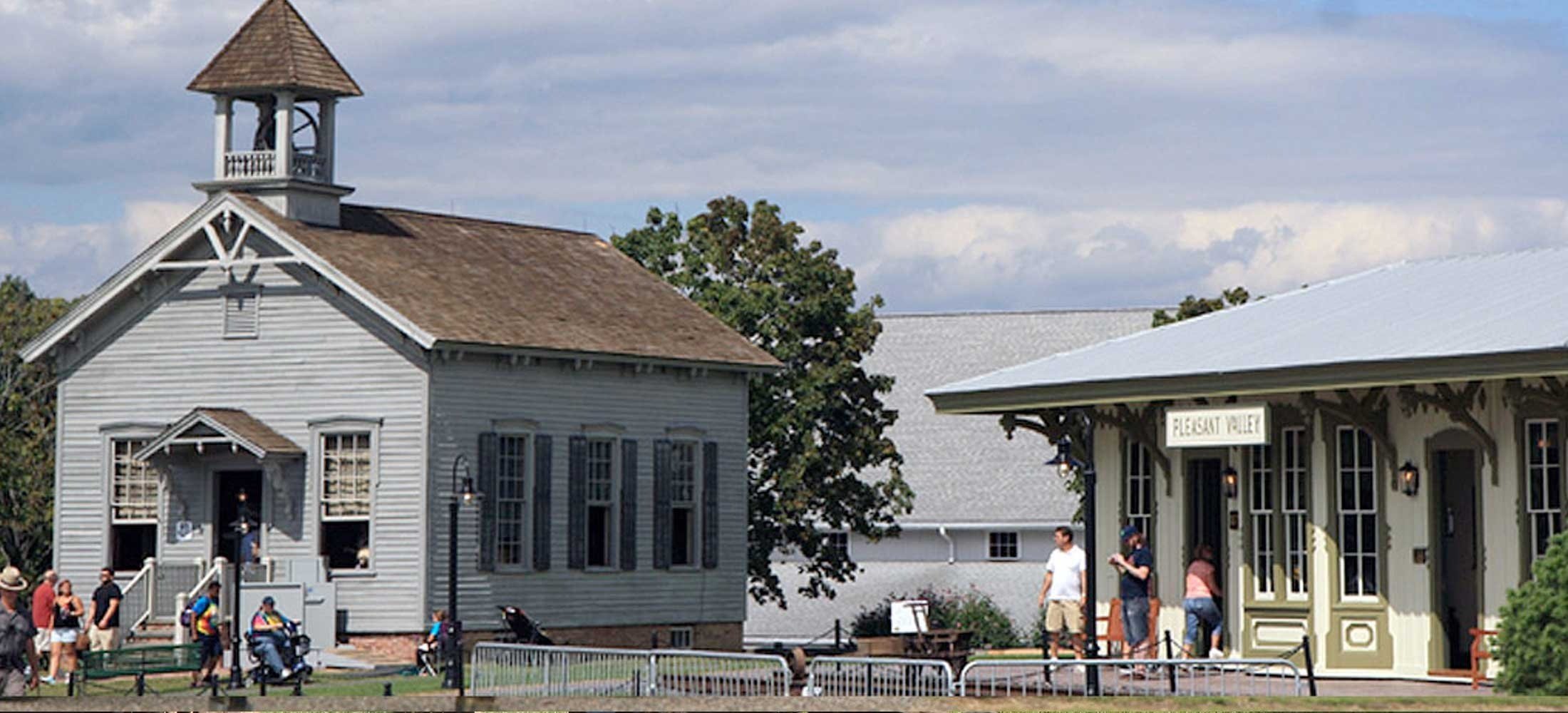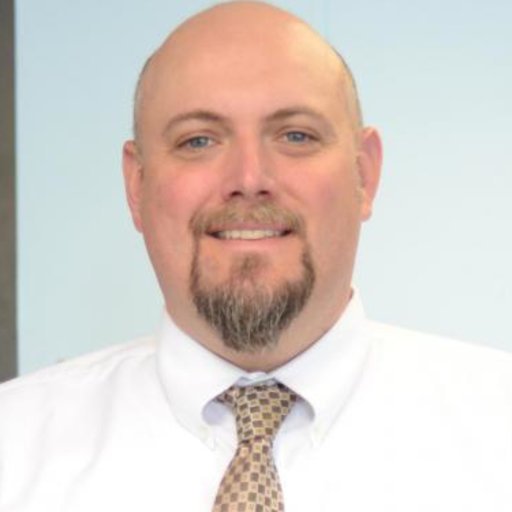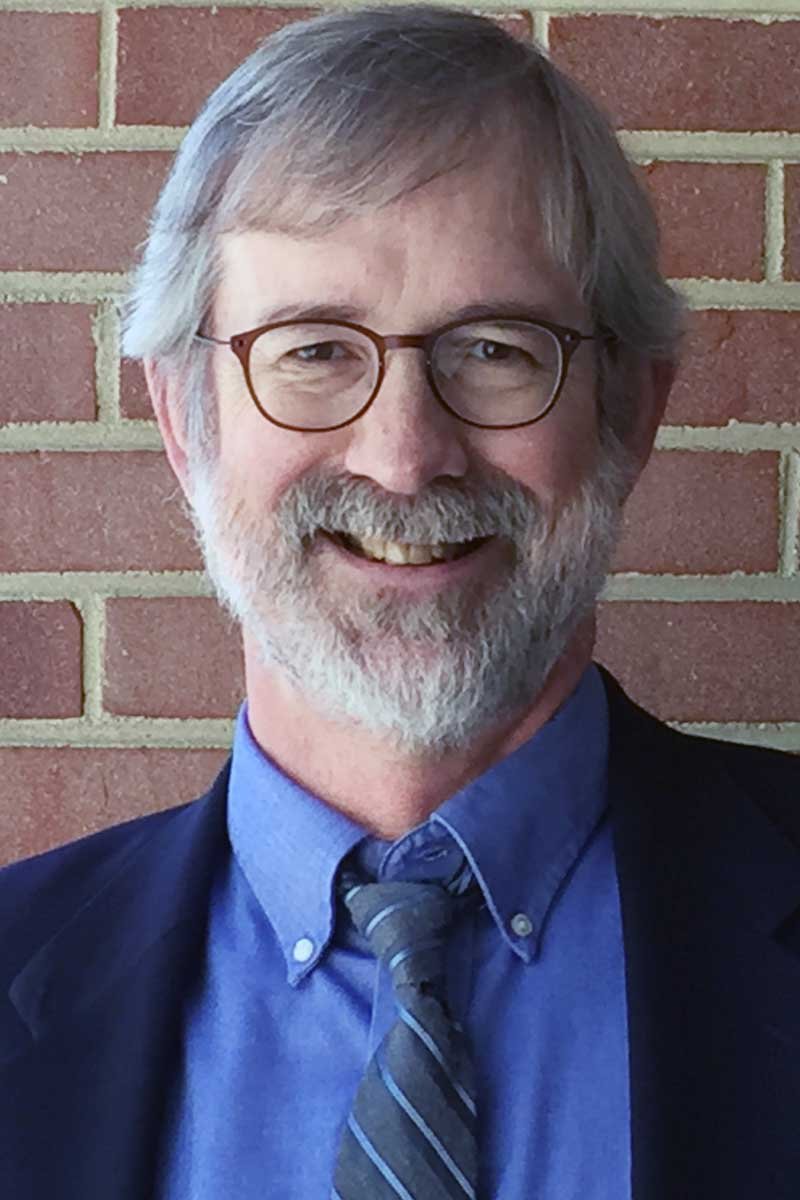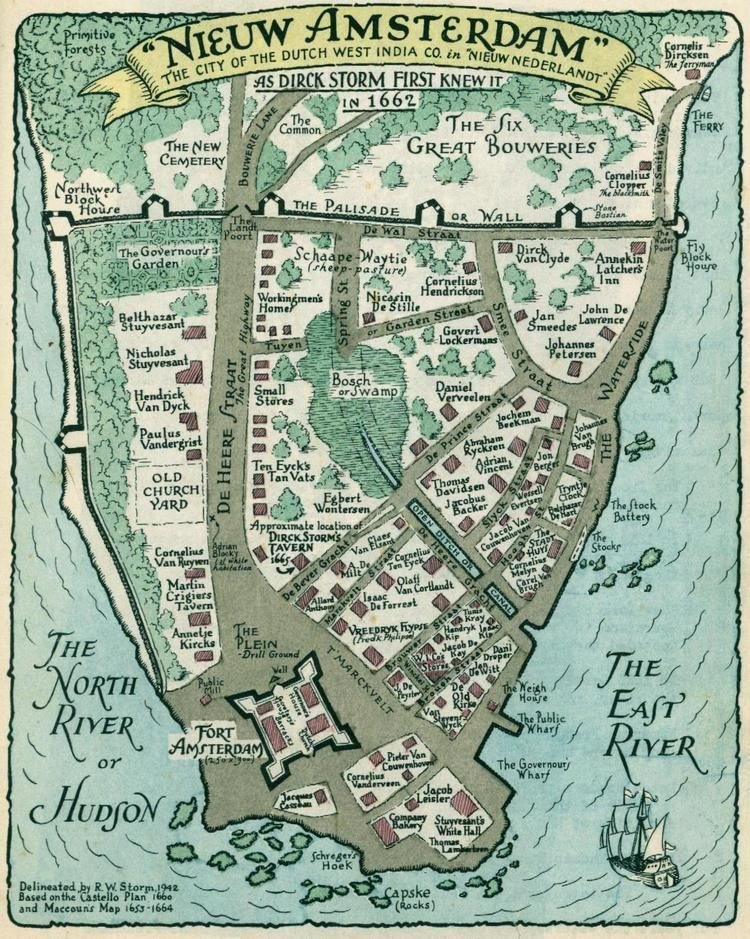In the mid-1760s Dutchess County became a literal and figurative battleground as Wappinger Indians, colonial farmers, and local landlords fought over the past, present, and future of these lands. First Natives and their tenants combined forces to contend for their rights in New York courts. Losing that fight, they took separate paths in search of justice: tenant farmers set up a “Mob Government,” unrest that culminated in a firefight with British troops and a show trial of the “Mob Men” in Poughkeepsie; Wappingers, meanwhile, led by sachem Daniel Nimham, sailed to England to plead their case with King George III. This controversy, long forgotten, has much to tell us about Natives and newcomers, about power and resistance, about connections between then and now.
